#cafe
U.S. Rumored to Soften Emission Targets, Slow EV Adoption Push
Reports are circulating that the United States Environmental Protection Agency (EPA) will soften vehicle emissions targets against the stringent metrics proposed by the group in 2023. This follows lackluster EV adoption rates that run counter to the plan and pushback from dealer organizations, automakers, and consumer groups. But we need to take a closer look at the story, because things are rarely as simple as initially presented.
Lobbyists Estimate Billions in Fines If New Fuel Economy Rules Adopted
A letter from talking heads at an outfit called the American Automotive Policy Council outlines what it estimates billions of dollars in fines could be levied at companies like General Motors and Stellantis if a government proposal to hike fuel economy standards through 2032 is adopted.
GM Says Updated U.S. Emissions Rules Will Cost Auto Industry Billions in Fines
The National Highway Traffic Safety Administration (NHTSA) will soon release its proposal to increase Corporate Average Fuel Efficiency (CAFE) requirements and General Motors has signaled its concerns regarding how much more money it will cost the automotive industry. GM is estimating that the new rules could result in manufacturers paying $100-300 billion in emission fines between 2027 and 2031.
However, the Biden administration has reportedly said it’s highly dependent on which plan is implemented — suggesting industry penalties would vary heavily between companies and average out to be far lower than GM has claimed.
California Proposal Calls for 68 Percent EV Sales By 2030
Now that the U.S. Environmental Protection Agency (EPA) looks poised to reinstate California’s waiver under the Clean Air Act — allowing the state to establish stricter tailpipe emissions than the federal limits — the coastal region has resumed its quest to abolish gasoline-powered vehicles in earnest. While the California Air Resources Board (CARB) has yet to finalize all the details, the latest proposal calls for strengthened emissions standards for new light-duty vehicles in anticipation of the necessary approvals.
The scheme would require pure electrics and plug-in hybrids (PHEVs) to make up 35 percent of new-vehicle sales for the 2026 model year. By 2030, that number will become 68 percent before hitting 100 percent for MY 2035. CARB said zero-emission vehicles comprised 12.4 percent of the state’s new market in 2021, hinting that the number could have been higher without the Safer Affordable Fuel-Efficient (SAFE) Vehicles Rule Part One having stifled its progress.
How Much Are Updated CAFE Standards Actually Going to Save You?
With the United States Department of Transportation having formally announced upgraded Corporate Average Fuel Economy (CAFE) standards starting in 2024, the Biden administration was quick to point out that the decision would likely make automobiles even more expensive than they already are. However, the caveat to this was that it also assumed fuel prices would come down as improved efficiencies reduced North America’s hunger for fuel.
This effectively undoes fueling rollbacks instituted under the Trump administration on the grounds of reducing costs to consumers and cutting regulatory red tape for a prospective future where fuel prices are reduced without the need to spur oil production. But what does that actually mean in terms of dollars and cents?
Gas War: GM Now Sucking Up to California to Maximize Fleet Sales
General Motors has issued a letter to California Governor Gavin Newsom promising that the automaker is now fully committed to complying with the state’s aggressive emission regulations. This follows an earlier announcement from GM advancing plans to eliminate tailpipe emission from all light-duty vehicles by 2035 via electrification. The company had also increased global spending to develop EVs to $35 billion (USD) through 2025, which is roughly a third more than it had previously been targeting.
Of course, don’t think this has anything to do with altruism or formal commitments to some grand cause. California was simply planning to bar any automakers that hadn’t previously vowed to adhere to its strict regulatory policies from selling to state government fleets. While GM has been in the process of changing its allegiance, the business originally sided with automakers approving of the Trump administration’s regulatory revisions that were at odds with the region.
U.S. EPA Readies Strictest Vehicle Emission Requirements Ever
We’ve got good news for people who want fewer choices in the type of cars they’ll be able to purchase in the future.
The U.S. Environmental Protection Agency (EPA) has finalized strict new vehicle emissions requirements through 2026 that would reverse the current standards set by the agency under former President Donald Trump. The Trump administration rolled back some of the long-term environmental policies implemented under the Obama administration. However, the Biden administration has said its biggest focus will be on addressing climate issues by dissolving those policies restoring the targets established when Barack Obama was still in the White House. The agency released some proposals in August outlining the general path it would be taking. But the details dropped by EPA Administrator Michael Regan on Monday vastly exceed those Obama metrics serving as a benchmark.
Gas War: Tesla Asks U.S. to Increase Fuel Economy Fines
Last month, the U.S. National Highway Traffic Safety Administration (NHTSA) proposed new rules that would increase fines for automakers who previously failed to adhere to fuel efficiency requirements. EV manufacturer Tesla has predictably endorsed the rules and has begun urging the federal government to put the plan in action as soon as possible.
While automakers have issued concerns that increasing penalties could cost them over $1 billion per year through regulatory fines and the purchasing of carbon credits, Tesla has been asking the Biden administration and a U.S. appeals court to expedite the process and make the proposals binding. Though that’s undoubtedly because the company sells its credits to the tune of at least $350 million annually and doesn’t build a single automobile that’s powered by gasoline.
NHTSA Considers Increasing Fines for Emission Violations
The National Highway Traffic Safety Administration is considering increasing penalties for automakers that fail to meet fuel-efficiency requirements. Though this could be considered a restoration of older standards, depending upon your perspective.
Shortly before leaving office, President Donald Trump postponed a regulation from the last days of the Obama administration that would have effectively doubled fines for vehicle manufacturers failing to meet Corporate Average Fuel Economy (CAFE) requirements. Automakers had been complaining that the rule would have dramatically increased operating costs, suggesting that would trickle down to vehicle pricing and give manufacturers selling carbon credits an unfair advantage.
New EPA Chief Promises Tougher Vehicle Rules by Summer
With environmental regulations being a cornerstone of the Biden-Harris platform, the administration’s newly installed Environmental Protection Agency head has signaled that changes are coming over the summer. However, before that can take place, Administrator Michael Regan said wants to make some big changes within the agency that he believes will bring it back to the way it operated before being restructured by the Trump administration.
In the meantime, the EPA will be actively revising the previous president’s relaxed fuel economy standard designed to give the industry some flexibility in terms of keeping larger vehicles and traditional powertrains on sale — something we’ve covered repeatedly as it ended up being the proverbial football in the highly political American gas war. Considering Mr. Regan’s history of praising California’s climate response and energy protocols, his allegiances in the conflict should be obvious. However, he has also suggested that the EPA needs to make decisions on what’s feasible, indicating he may not push for extreme measures. Though he has not drawn any lines in the sand when it comes to potential bans of internal combustion vehicles or stringent penalties for power plants and oil refineries.
Tesla Demands Return to Obama Fueling Restrictions, Reasons Obvious
Tesla is demanding the reinstatement of a 2016 Obama regulation that more than doubles penalties for manufacturers who fail to adhere to fuel efficiency requirements. Gee, I wonder why it would do such a thing.
While focusing on the environment is an admirable endeavor, much of the discussion surrounding environmentalism on the corporate level really skirts around the periphery of Scamville. Elon Musk is no fool and understands that the more stringent regulations are enacted against his competitors, the more desperate they will be to buy up Tesla’s mountain of carbon credits. With a little help from the government, electric-vehicle companies can effectively bankrupt their more-traditional rivals while earning a nice payday for themselves. In fact, Tesla has only managed to become a profitable company because of this practice.
Gas War: California Regulators Say Biden Should Embrace State's Emission Plan
While multiple states launch mandatory election recounts and President Trump throws around lawsuits like confetti Joe Biden and the mainstream media are preparing for his ascension from regular old man to Leader of the Free World — though that title doesn’t seem to get much play these days. Biden has already started holding meetings with foreign leaders and experts on how to go about heading the United States. Apparently, there’s even been some progress on how to govern the nation.
On Thursday, California Air Resources Board (CARB) Chairwoman Mary Nichols said the state’s arrangement with major automakers over fuel efficiency requirements would be ideal for the presumed Biden administration — which has promised to implement some of the most ambitious emissions standards the world has ever seen. Nichols also expressed excitement at the possibility of heading the U.S. Environmental Protection Agency (EPA) under a Biden presidency and is reportedly under serious consideration for the position.
Donald Trump is Wrong About Fuel Economy and Safety
President Donald Trump has consistently defended his administration’s attempts to roll back Obama-era fuel-economy standards by complaining that building cars with better fuel economy in mind makes them less safe and more expensive.
He brought it up again during the presidential debate last night.
This is, to be quite frank, bullshit.
Gas War: Inspector General to Investigate Fuel Rollback
Following requests from Senator Tom Carper (D-DE) for a formal investigation into whether the Safer Affordable Fuel-Efficient (SAFE) Vehicle Rules proposed by the Trump administration violates the Clean Air Act (or some currently undetermined regulatory requirement that might stop it from coming to fruition), the U.S. Environmental Protection Agency’s Office of Inspector General said it will indeed evaluate the emissions rollback.
As the ranking minority member of the Senate Environment and Public Works Committee, Carper’s opposition to the fuel rollback is to be expected. With politicians unwilling to find common ground and engage in good-faith discussions that might result in some amount of compromise in service to the people, opposition tactics have devolved into partisan lawsuits and trying to halt the new rules over technicalities.
Silver and Gold: Nevada Joins California in the Gas War
On Monday, Nevada Governor Steve Sisolak announced that his state will embrace California-crafted emissions rules that are at odds with the national rollback finalized by the Trump administration in March.
Officially, Sisolak said the rules would not require residents to abandon their current ride “or choose one that does not work for their lifestyle or business needs.” Nevada has, however, decided to adopt higher mpg standards, as well as the Golden State’s zero-emission vehicle (ZEV) rules that require manufacturers to sell a certain number of electric or plug-in hybrid models each year based on the total number of vehicles sold within the state.
Companies in compliance accrue ZEV credits, which can then be traded or sold to other manufacturers for money. As with the Corporate Average Fuel Economy (CAFE) system, those that cannot hit their targets (or afford to buy up credits) will be fined. Tesla actually used such arrangements to make $594 million off its rivals in 2019, with the prospect of things only getting more lucrative for the all-electric brand.



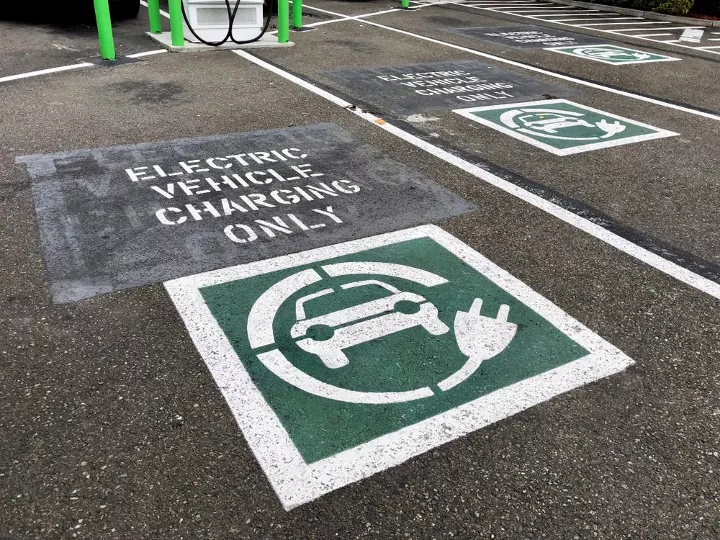
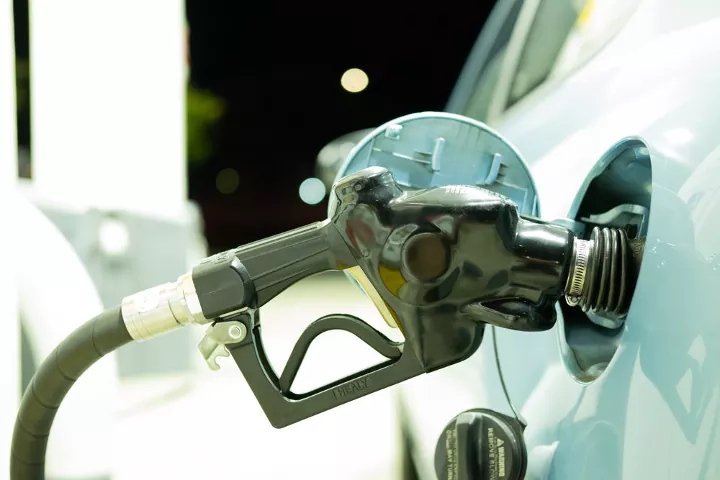
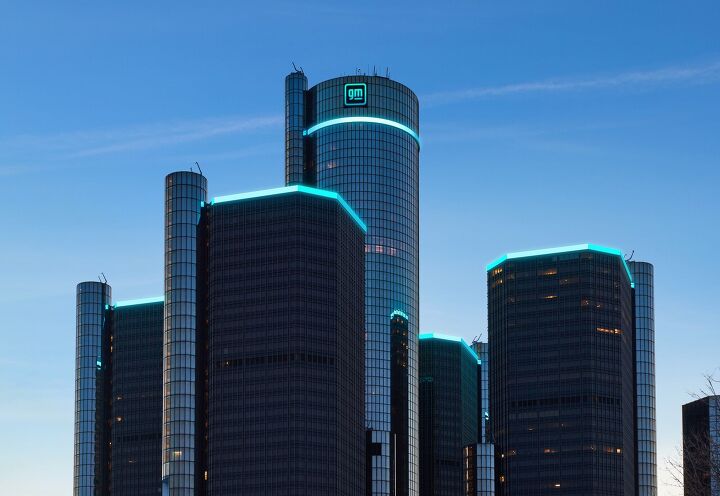

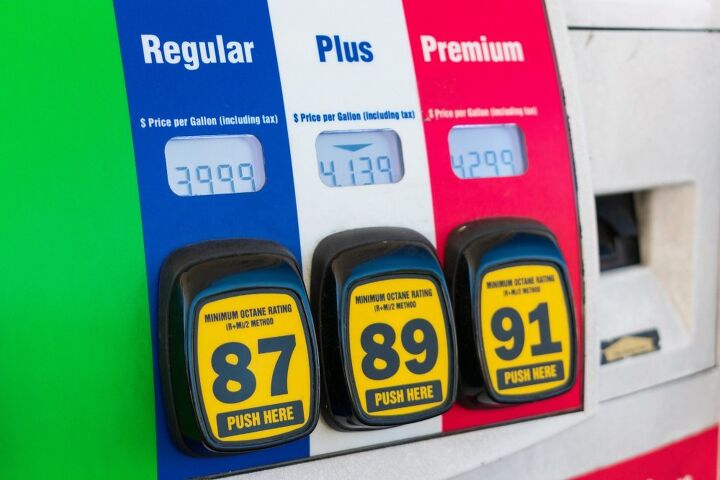




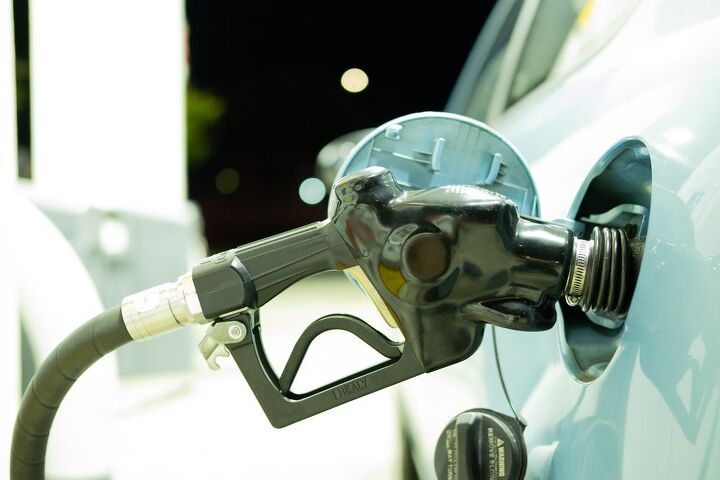

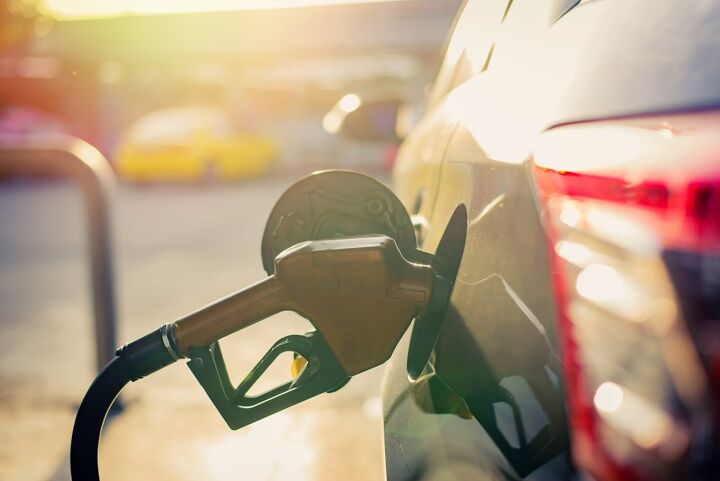
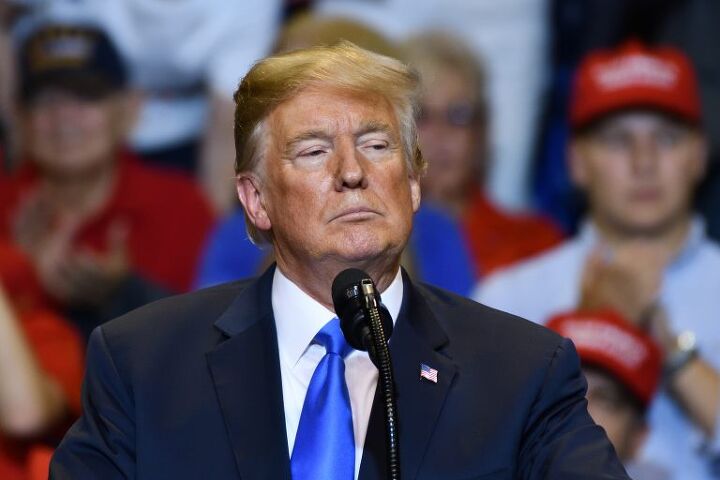
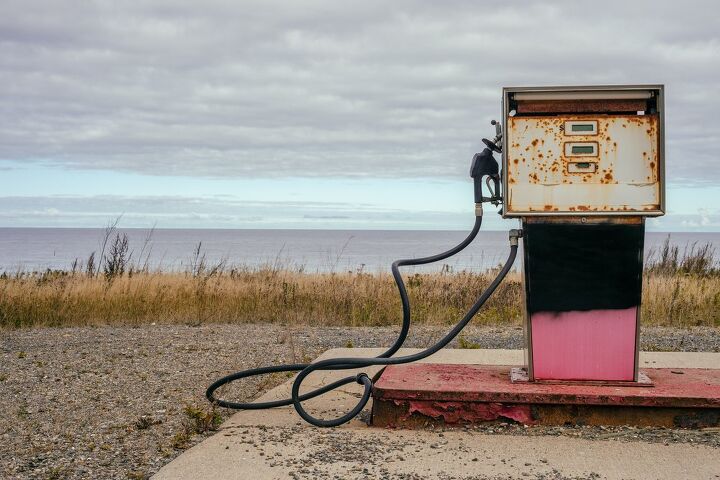













Recent Comments